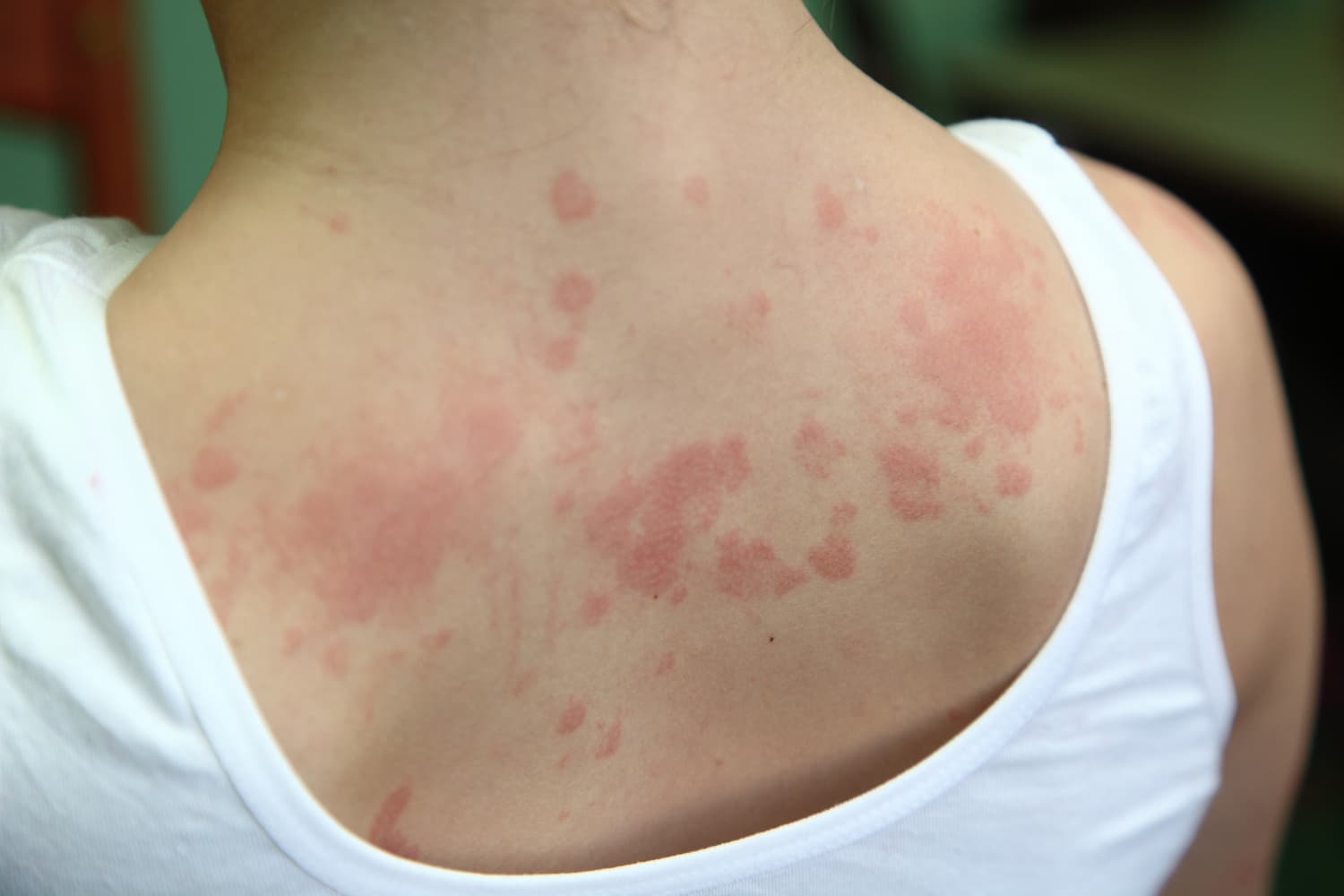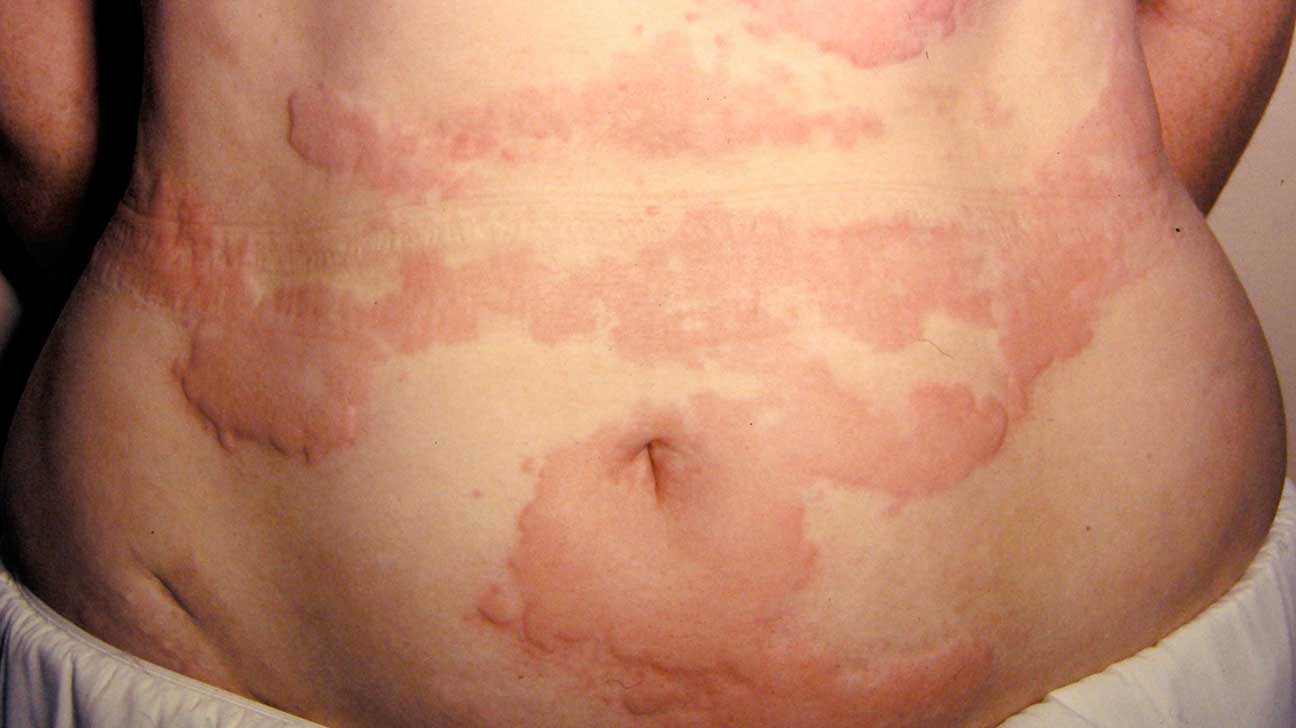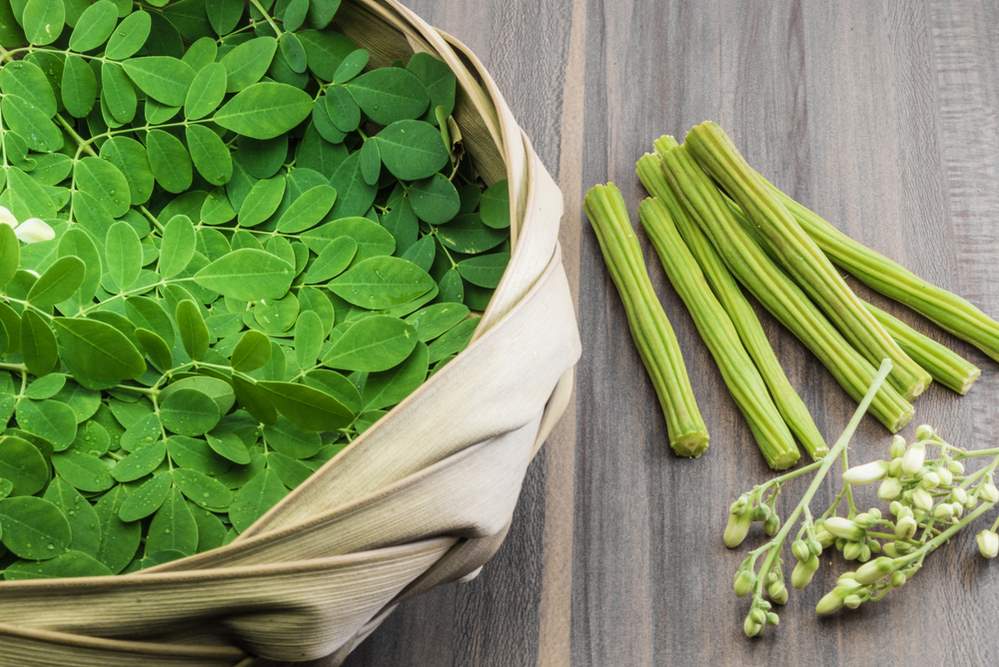Stinging nettle is a popular treatment for seasonal allergies, which occur when a substance, such as pollen, triggers the body to produce histamine. Histamine causes characteristic symptoms of an allergic reaction, such as inflammation, itching, and hives
Benefits of Nettle Leaves
- Anti-inflammatory and pain relief: Nettle leaf is believed to have anti-inflammatory properties, which may help reduce pain and inflammation in the body. It is commonly used to relieve joint pain, muscle aches, and menstrual cramps.
- Allergy relief: Nettle leaf may be helpful in treating allergic rhinitis (hay fever) and other allergic conditions. It is thought to work by reducing the production of histamine, which is responsible for allergy symptoms such as runny nose, sneezing, and itchy eyes.
- Urinary tract health: Nettle leaf has diuretic properties, which means it can increase urine output and promote the elimination of waste from the body. This may help prevent or treat urinary tract infections and kidney stones.
- Blood sugar control: Some research suggests that nettle leaf may help regulate blood sugar levels, which may be beneficial for people with diabetes.
- Skin health: Nettle leaf may be helpful in treating various skin conditions, such as eczema and acne. It is thought to have anti-inflammatory and antioxidant properties that can reduce inflammation and improve skin health.
- Digestive health: Nettle leaf may have a mild laxative effect and can be used to relieve constipation. It may also help soothe digestive issues such as irritable bowel syndrome (IBS).
Nutritional facts of Nettle leaves
Nettle leaf is a nutrient-rich plant that contains a variety of vitamins, minerals, and other beneficial compounds. Here are the nutritional facts for one cup (approx. 56 grams) of cooked nettle leaf:
- Calories: 42
- Fiber: 6.9 grams
- Protein: 2.7 grams
- Fat: 0.5 grams
- Carbohydrates: 7.3 grams
- Vitamin K: 369 mcg (461% of the Daily Value)
- Vitamin A: 1,790 IU (36% of the Daily Value)
- Vitamin C: 29.4 mg (49% of the Daily Value)
- Potassium: 334 mg (10% of the Daily Value)
- Calcium: 481 mg (48% of the Daily Value)
- Iron: 2.9 mg (16% of the Daily Value)
- Magnesium: 57.6 mg (14% of the Daily Value)
In addition to these nutrients, nettle leaf also contains flavonoids, carotenoids, and other beneficial plant compounds that may have health-promoting effects. It’s worth noting that the nutritional content of nettle leaf may vary depending on factors such as growing conditions and preparation methods.
Risks of using Nettle Leaves
While nettle leaf is generally considered safe for most people when consumed in moderation, there are some potential risks and side effects associated with its use. Here are some of the risks and precautions to consider:
- Allergic reactions: Some people may have an allergic reaction to nettle leaf, particularly if they are allergic to plants in the Urticaceae family. Symptoms may include itching, hives, difficulty breathing, or anaphylaxis in severe cases.
- Interaction with medications: Nettle leaf may interact with certain medications, such as blood thinners, diuretics, and blood pressure medications. It’s best to consult with a healthcare provider before using nettle leaf if you’re taking any medications.
- Stomach upset: Nettle leaf may cause mild stomach upset in some people, especially if consumed in large amounts.




